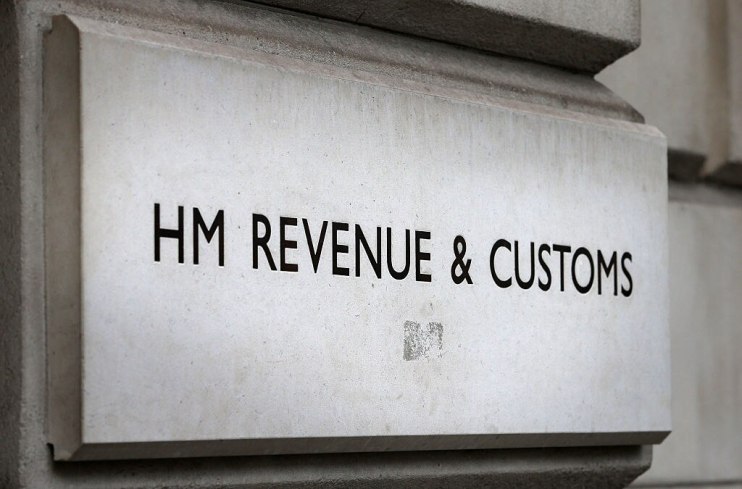HMRC’s investigations into UK’s biggest firms generate £69 in extra tax revenue for every £1 invested

HMRC investigations into big firms generate significantly higher returns than investigations into small and mid-sized businesses, according to figures from Pinsent Masons, which said the investigative unit’s high returns will see the taxman focus on large corporate tax dodgers going forwards.
The UK tax collector’s investigations into big firms generated £69 in extra tax revenues for every £1 spent on the investigation, the figures show.
Investigations carried out by HMRC’s Large Business Directorate – which focuses on the largest businesses with annual turnovers of more than £200m – brought an additional £8.6bn into HMRC’s coffers – a sum equivalent to 28 per cent of all the money HMRC raised through investigations last year.
The multi-billion-pound sum raised by the Large Business Directorate’s investigations, make the team more than twice as efficient as HMRC’s other investigations teams, based on its £125m staff budget, Pinsent Masons said.
The high returns on investment mean HMRC will likely continue to focus its investigations on big firms going forwards, the law firm added.
Steven Porter, Partner at Pinsent Masons, said: “If investigations into big businesses continue to provide a 6,800% return on investment, HMRC is going to put more and more resource and focus on how the largest businesses manage their tax affairs.”
“The success of HMRC’s compliance work in recent years should act as a real warning that it is not going to let up in rooting out underpaid tax,” Porter added. “That goes for large corporates suspected of artificially shifting profits offshore, as well as the lower-level evasion and fraud.”
Meanwhile, investigations carried out by HMRC’s second most efficient unit – the wealthy and mid-sized business compliance directorate (WMBC) – generated £29 for every £1 invested last year.
Notably, even HMRC’s least efficient unit, which investigates small businesses and individuals, generated £11 for every £1 invested in it.
A spokesperson for HMRC said: ““We focus our resources on making a sustainable impact on the tax gap – including supporting customers to meet their responsibilities and to prevent non-compliance from occurring.”
“Large business customers account for around 40% of the country’s tax receipts, in 2020-21 this was around £240 billion – highlighting the importance of our work in ensuring they fill all of their obligations.”